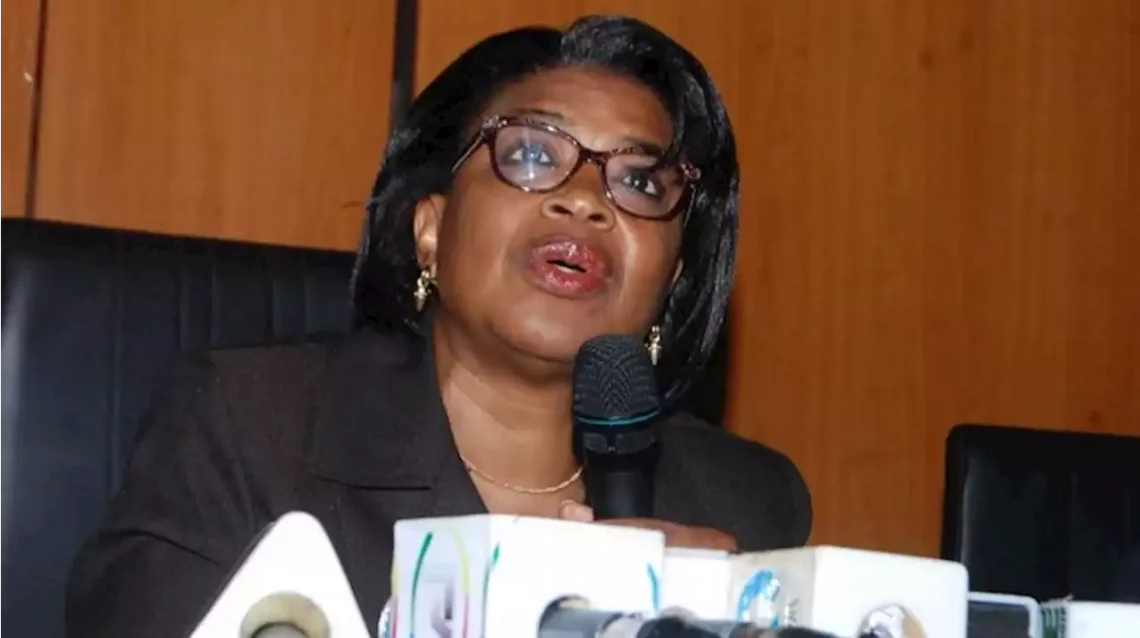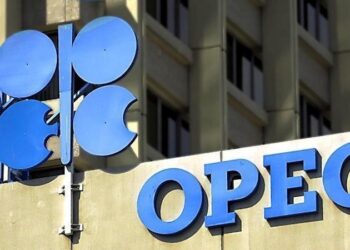A strong and comparable revenue base will reduce the need for relatively large amounts of new borrowing for the federal government.
The Debt Management Office (DMO) has said.
The DMO also said public debt has continued to grow over the last years as government borrowed to meet major revenue shortfalls, increased spending on security and infrastructure, as well as funding on health due to the COVID-19 pandemic
Its director-general Mrs Patience Oniha said Nigeria needs to earn higher revenue and manage its debt profile more efficiently so as to further reduce borrowings.
Citing the World Bank’s World Economic Outlook for 2020 which showed that Nigeria with a revenue to GDP ratio of 6.3 per cent was ranked at 194 out of 196 countries covered, indicating that relative to other countries, Nigeria’s revenue is low, Oniha said it is advisable for the media and public analysts to begin to focus attention on Nigeria’s revenue generation.
She, therefore, urged government to address the recurrent issue of petroleum subsidy payment so as to further reduce borrowings, citing that DMO has continuously maintained its position on the need to raise revenue.
“There is a vital need to ramp up crude oil production and end crude oil theft and pipeline vandalism to meet oil revenue targets, especially in the light of rising crude oil prices.
“Other structural issues such as insecurity, inflation, infrastructural deficit and foreign exchange shortages adversely affecting the business environment need to be resolved,’’ she added.
She further noted that those steps would create an avenue for efficient tax collection and a wider tax base, and it would also play an advisory role to the government in relation to public debt which covers new borrowing, debt negotiation and debt management strategy.





